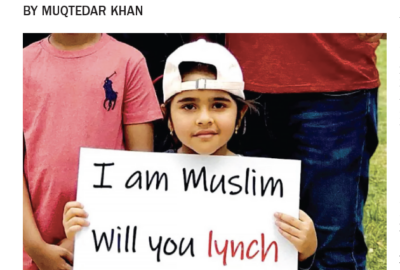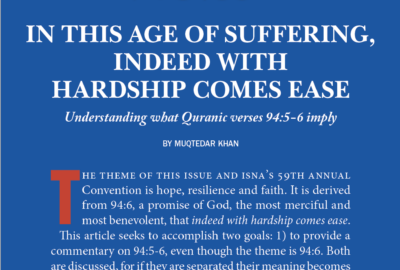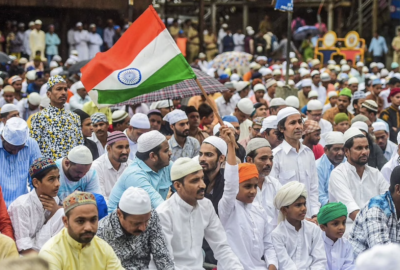A new democratic Pakistan
Newark, Delaware – The election results have filtered in and after a series of disturbing events – emergencies, an assassination, and a wave of suicide bombings – Pakistan is finally sending a message of hope and promise.
The two opposition parties won sizable percentages of the vote, creating the possibility for a coalition. The two parties are long-term rivals and may not be able to work together for a protracted period of time. But if they can hold back partisan interests for a while, they could establish a stable government that would help Pakistan transition from nearly a decade of military dictatorship to democratic governance.
The People’s Party of Pakistan (PPP), led by the late Prime Minister Benazir Bhutto’s husband, Asif Zardari, won 113 seats and emerged as the leading party. And while many analysts claim the party was riding a sympathy wave, its performance is only marginally better than in 2002 when it won 81 seats. It did, however, perform well in all four provinces, underscoring that it is a national force.
The Pakistan Muslim League, led by Nawaz Sharif (PML-N), won 84 seats, making Sharif a critical player in the prime minister selection process. No coalition can be formed without his support, and he will have the power to set his own political conditions. Sharif’s primary goal now appears to be to force President Pervez Musharraf’s resignation – or even attempt to impeach him.
Another interesting outcome of this election was the near complete rout of hard-line Islamic parties, which in 2002 had emerged as a national force and governed two of the four provinces.
The PPP and PML-N are committed to a democratic Pakistan. The PPP is secular at its core, while PML-N has a soft Islamic bend, which allows it to act as a conduit between Western-style democracy and political Islam. And a crucial point – Sharif is known for his determination in limiting the role of the military in governance and has a strong aversion to military dictatorships.
For the most part, voters ignored candidates campaigning on platforms strictly marrying religion and politics. Hard-line Islamic parties won only three seats this time as opposed to 59 in 2002. The 2008 performance of such parties validates the belief held by many moderates that the extraordinary success of the United Action Front (MMA) in 2002 was a vote against the United States rather than a vote for a government based on an uncompromising interpretation of Islamic principles.
In the past year, it appeared as if extremist forces would overwhelm Pakistan. A series of bomb attacks killed over 500 people, Benazir Bhutto was assassinated, and hundreds of Pakistani security forces were captured or killed in the border provinces by forces allied with the Taliban. The security situation was so dire that there were fears that the elections, which were postponed, would not be held at all.
But now there is a wave of optimism and feeling that Pakistan has turned a corner. Secular and moderate forces are winning and winning big. The elections were a sound defeat for Musharraf’s party, which has been sustaining a charade of democracy for the past few years, as well as rigidly conservative religious parties.
Except for one isolated bomb attack, the elections were held under remarkably peaceful conditions. Voter turnout was nearly 45 percent, indicating that, in spite of security fears, people came out to vote in significant numbers. Perhaps this was due to an understanding that security forces reached with the Pakistani Taliban that they would not disrupt the elections.
Pakistan’s problems have certainly not disappeared overnight. The Taliban and Al Qaeda remain well ensconced in Pakistan. There is still residual support for extremist forces in the population. More than half the eligible voters did not participate in the elections, and many people have no faith in the system. Nevertheless, the so-called silent moderates have finally spoken and their message of hope and promise has been heard worldwide. The PPP and PML-N can bring secular and religious Pakistanis together on the same page in pursuit of a stable and democratic Pakistan.
Article available in: French, Indonesian, Arabic, Urdu








